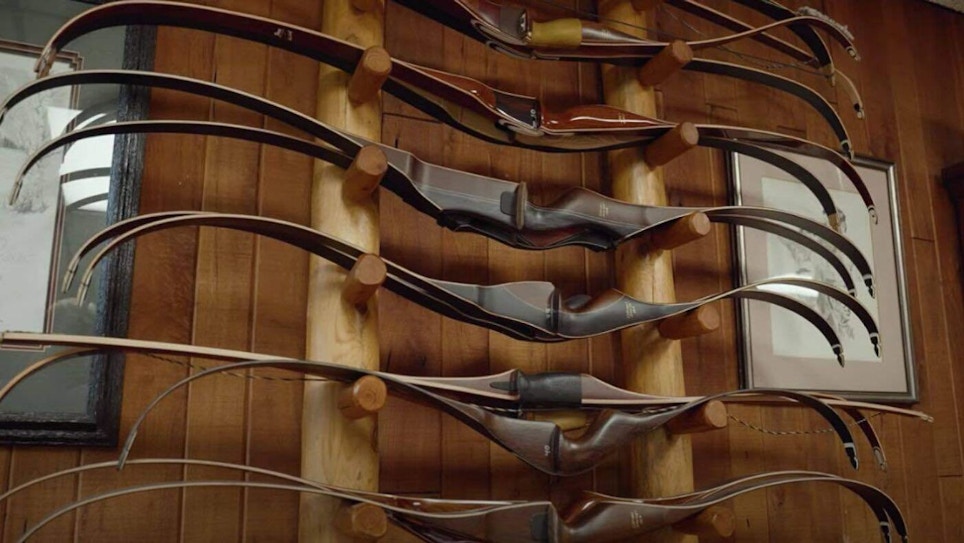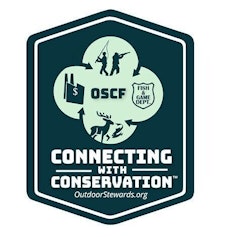To help inform America’s 60-plus million active hunters, anglers, trappers and shooters on how land, fish and wildlife conservation is funded in the United States, Outdoor Stewards of Conservation Foundation (OSCF) has developed a video series entitled “Connecting with Conservation,” where it collaborates with industry manufacturers and state agencies.
The 6-minute YouTube video below showcases a visit to the Bear Archery facility in Jacksonville, Florida, giving viewers an inside look at bow manufacturing, sharing how archery pioneers, such as Fred Bear, helped pave the way for archery manufacturers to contribute to the Pittman-Robertson Act and thanking outdoors men and outdoors women for their role in conservation.
“Bear Archery is proud to support conservation funding, and we do want our customers to know how important they are to us, as well as, to the conservation funding model”, said Neil Byce, director of operations at Bear Archery.
“Our 'Connecting with Conservation' video series simplifies the message on how conservation is funded and informs hunters, anglers, trappers and shooters how they are primary funders of land, fish, and wildlife conservation in America,” said OSCF Executive Director Jim Curcuruto. “We thank companies like Bear Archery for helping spread the word to hunters, anglers, trappers and shooters across the nation.”
The Pittman-Robertson Act generates funds from an excise tax on select outdoor products and goes to benefit projects such as land acquisition and improvement of wildlife habitat, introduction of wildlife into suitable habitat, research, surveys and inventories of wildlife populations, and development of access facilities for public use, and hunter education programs, including construction and operation of public target ranges.
“Hunting and fishing licenses along with purchases of excise taxed outdoor products make up the bulk of most state wildlife agency budgets,” said Curcuruto. “Without the $3.6 billion in funding provided by hunters, anglers, trappers and shooters each year, wildlife agency budgets would be decimated, and they would be unable to continue to perform all the great conservation work they do.”







